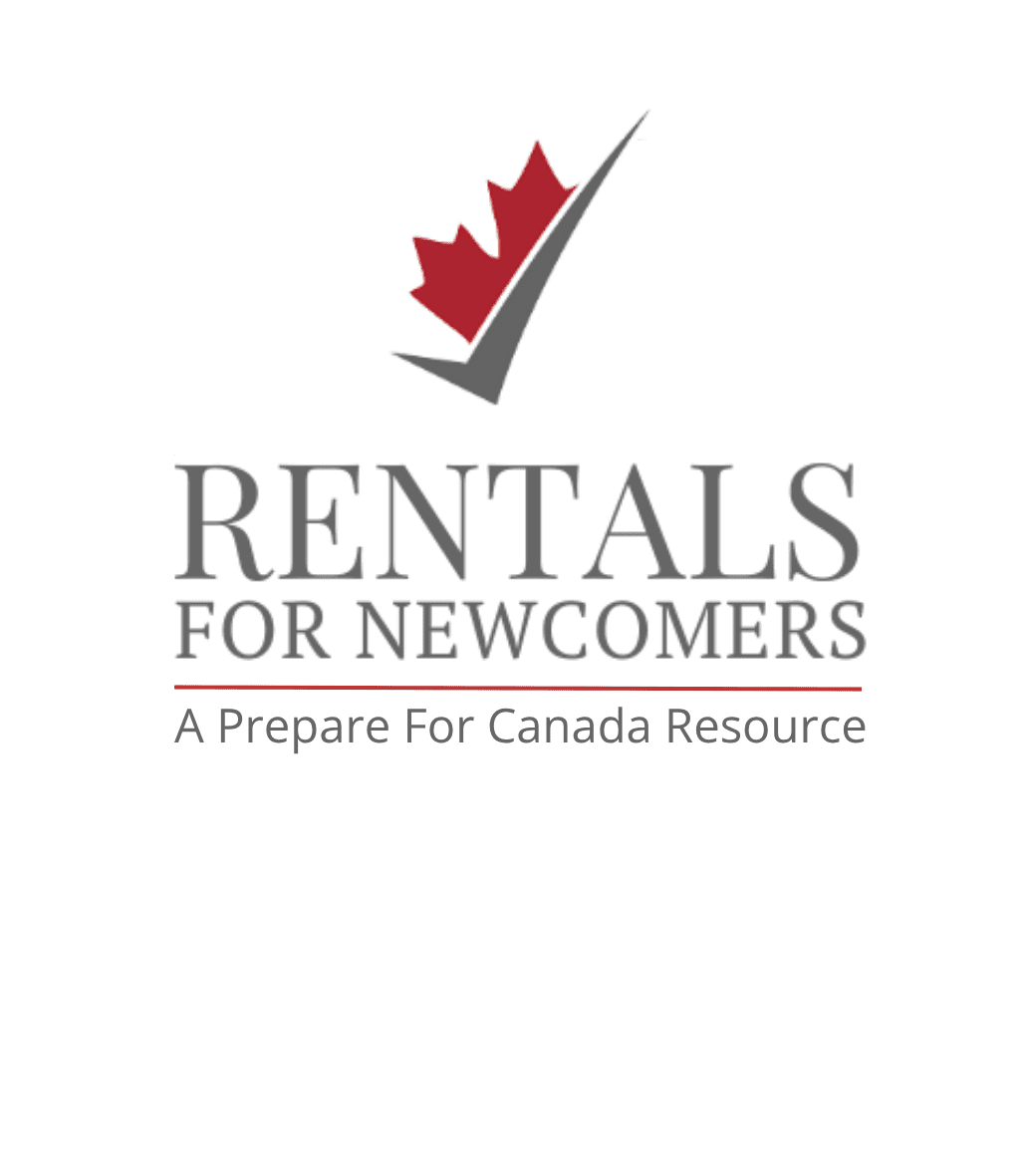
Choosing a City
What London, ON Neighbourhoods are Affordable for Newcomers?

Choosing a City
Living in London, Ontario: Everything You Need to Know

Choosing a City
Is Fort McMurray, Alberta a Good Place to Live for Newcomers?

Choosing a City
How Can Newcomers Get Around Vancouver Using Public Transit?
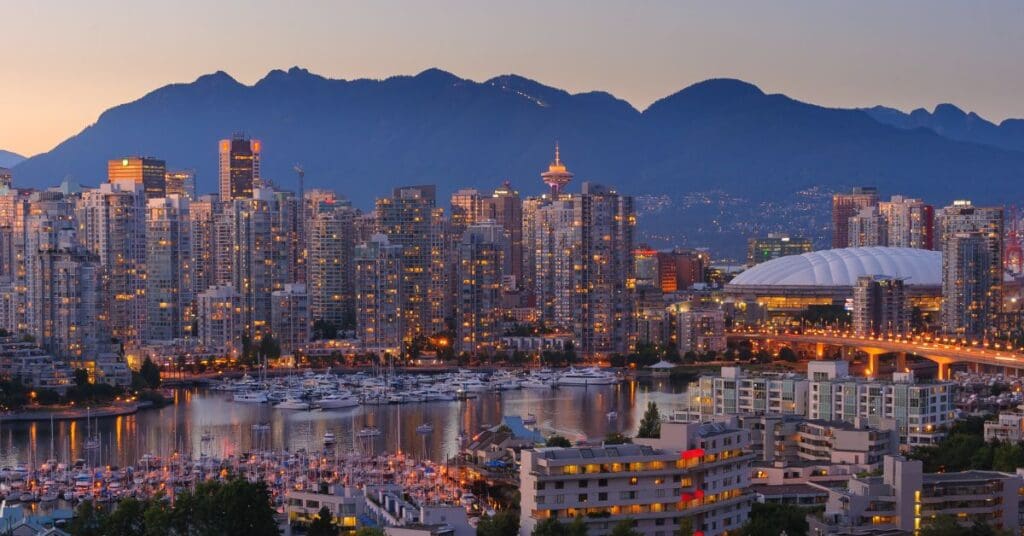
Choosing a City
Is Vancouver, Canada a Nice Place to Live for Newcomers?
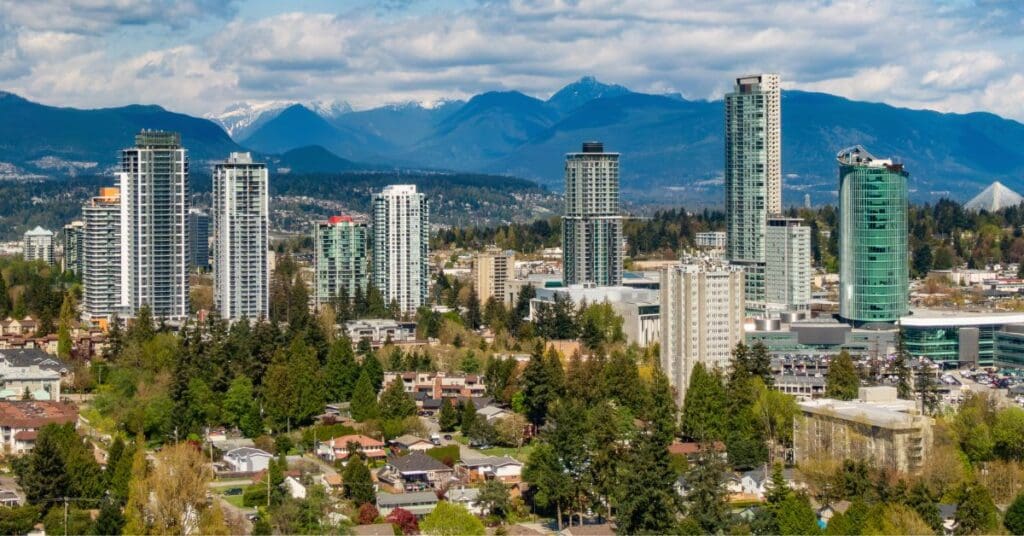
Choosing a City
Rent in Surrey, BC Canada: Best Neighbourhoods for Newcomers
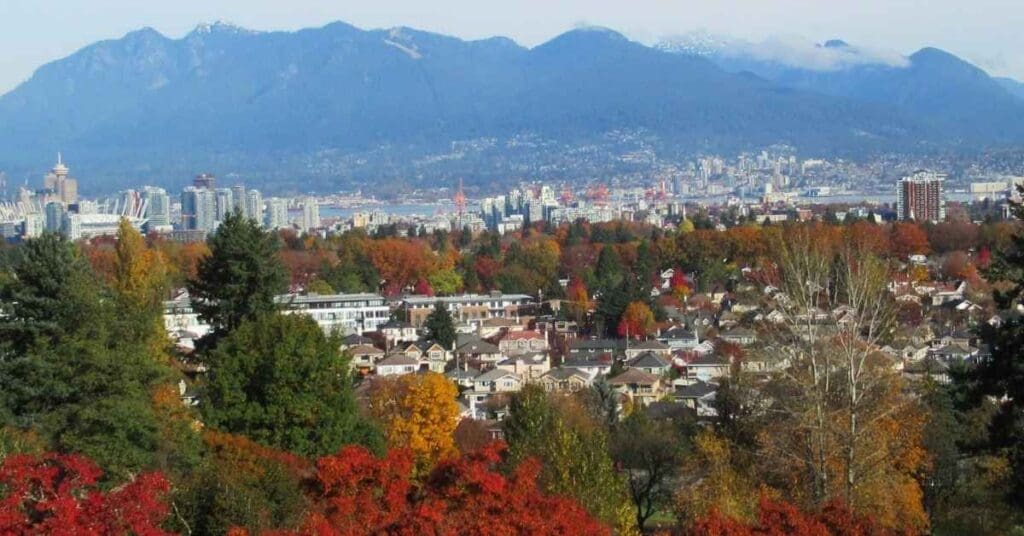
Choosing a City
Best Areas to Live in Vancouver, Canada for Newcomers

Choosing a City
Best Ottawa Neighbourhoods for Renting: A Guide for Newcomers
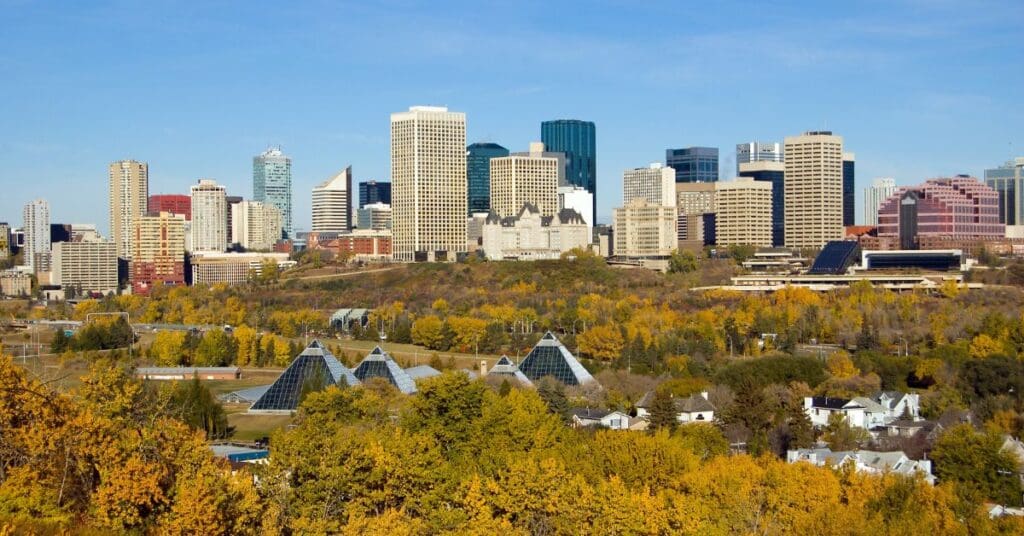
Choosing a City
Living in Edmonton, Alberta: The Complete Guide for Newcomers

Choosing a City
What to Know About Living in Barrie, Ontario
